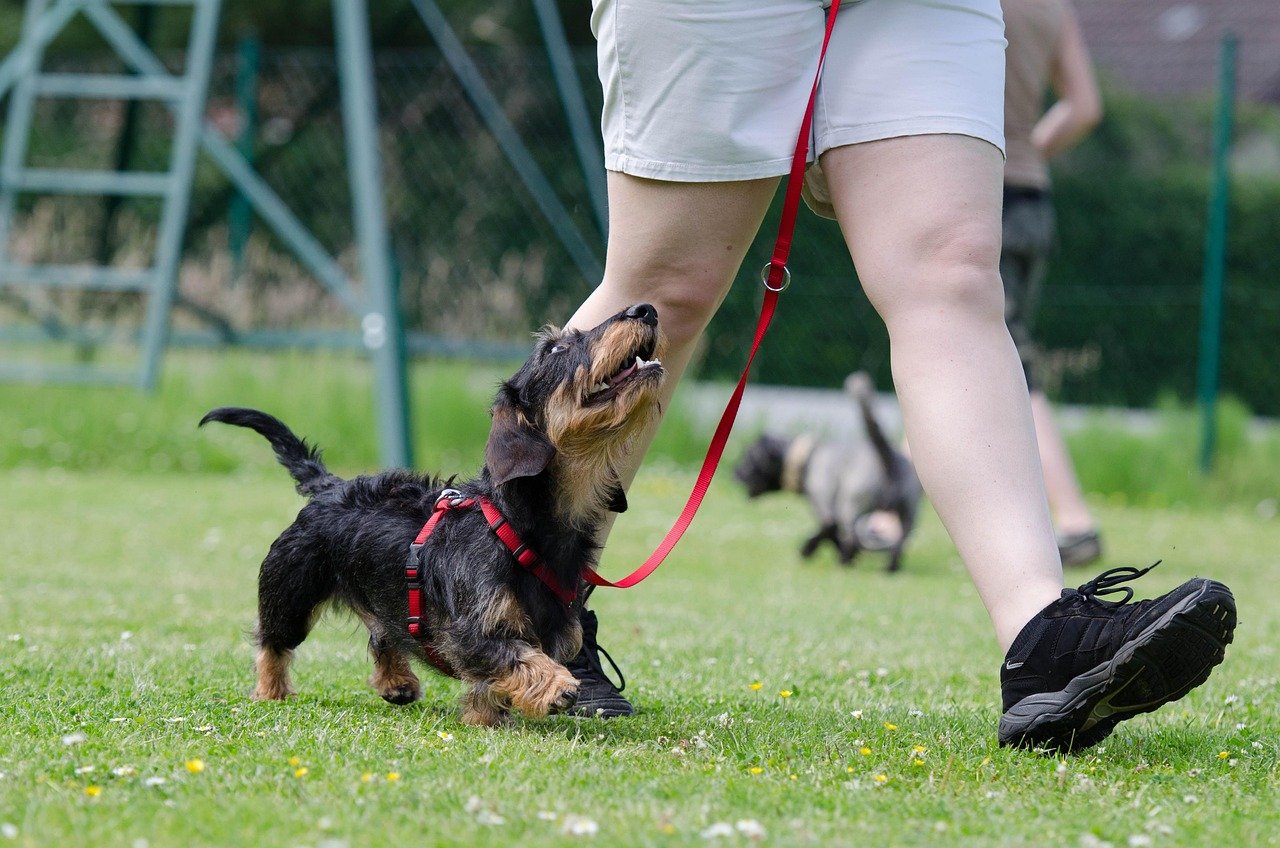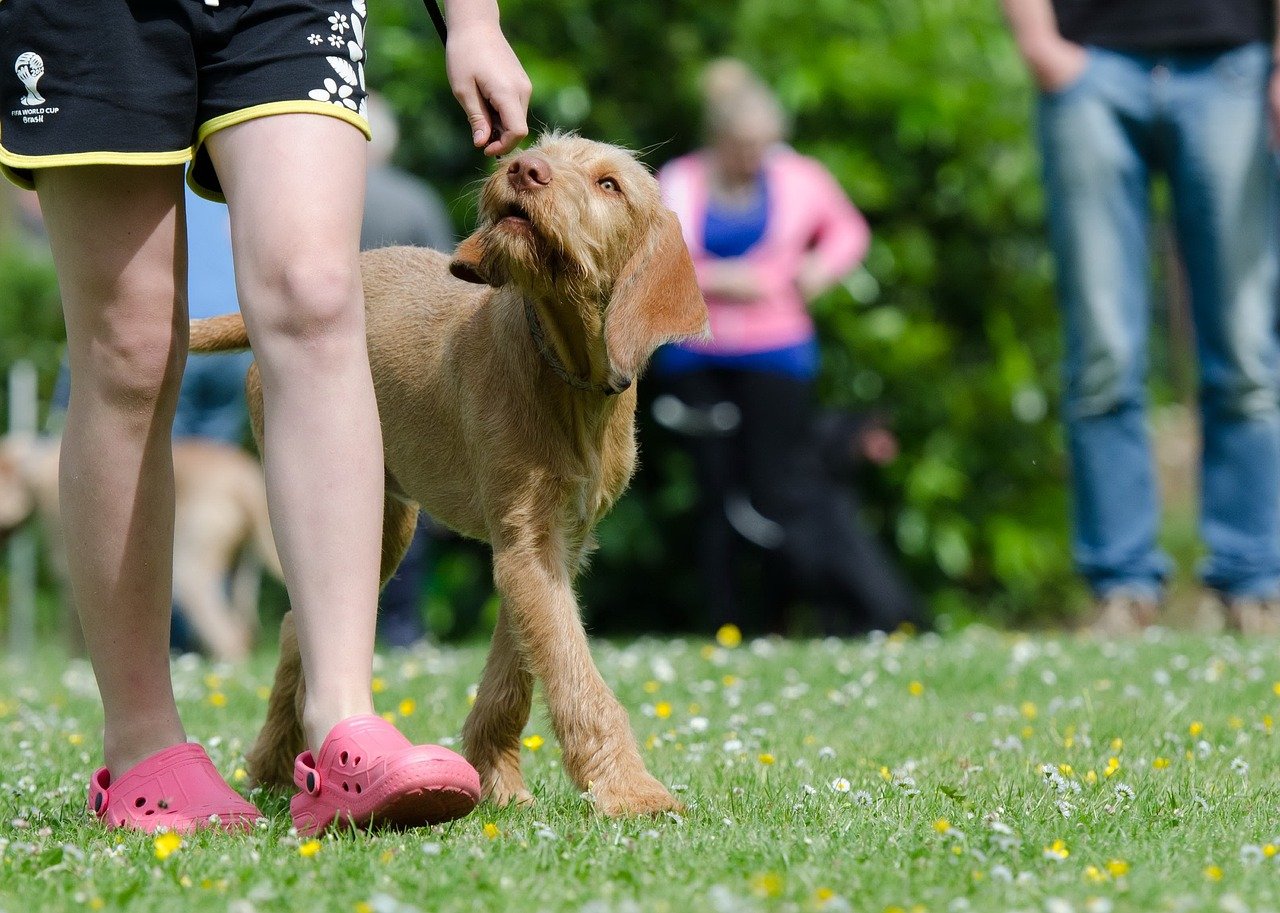Why Do Dogs Bark So Much?

Ever wondered why your beloved pooch suddenly bursts into a barking frenzy, even when there’s nothing in sight? Dogs bark for a ton of reasons—excitement, boredom, fear, or just because the mailman dared to walk by. Sometimes, it’s their way of saying “hello,” and other times, they’re warning you about that suspicious squirrel on the fence. Barking is as natural to dogs as chatting is to us, but too much can disturb your peace or annoy the neighbors. Understanding the root of your dog’s vocal outbursts is the first step to finding a solution. It’s like detective work—each bark is a clue! If you listen closely, you might even start to recognize different types of barks for different moods. Remember, barking isn’t always bad; it’s just your dog’s way of expressing themselves.
The Surprising Power of Distraction
Here’s a delightful secret: dogs have the attention span of an easily distracted toddler. This is where the magic of distraction comes in. When your dog starts barking, try grabbing their favorite squeaky toy or toss a treat across the room. The sudden change in focus can short-circuit the barking spell almost instantly. Think of it like interrupting a friend who’s rambling on and on—sometimes, a simple change of topic does wonders. You don’t have to be a magician; you just need to be creative and quick. Distractions can be anything from a new sound, a fun game, or even a tasty snack. The key is to catch their attention before the barking escalates. If you make it a habit, your dog will soon learn that being quiet leads to something better.
The Magic Hack: The Calm Command

Ready for the secret weapon? The “Calm” command is a game-changer. When your dog starts barking, say “calm” in a gentle, cheerful voice. Immediately after, reward your pup with a treat or a belly rub when they pause—even if it’s just for a second. Dogs are quick learners, especially when food is involved. Over time, your dog will associate being quiet with getting something they love. It’s like training them to hit the pause button on their own barking. The trick is to be consistent and positive—never yell, because that just adds to the chaos. Slow and steady wins the race, and patience really pays off. Soon, your dog will surprise you with their ability to hush on command.
The Power of Positive Reinforcement

Positive reinforcement is the heart of any good dog training hack. Dogs thrive on praise, treats, and affection. Every time your dog stops barking when asked, shower them with rewards—think extra cuddles, their favorite snacks, or a playful scratch behind the ears. This teaches them that quiet behavior leads to good things. It’s much more effective than scolding or punishment, which can make dogs anxious or confused. A happy, relaxed dog is more likely to listen and learn. Over time, you’ll notice your dog barking less and relaxing more. Positive vibes create a positive home, and everyone—furry or not—wins.
Timing Is Everything

When it comes to stopping barking, timing is your best friend. The moment your dog stops barking, even for a split second, that’s your cue to reward them. If you wait too long, your dog might not connect the dots. Imagine trying to learn a dance with music that keeps pausing—frustrating, right? Dogs learn best when feedback is instant. Keep treats or toys handy so you’re always ready to reinforce quiet behavior. Quick responses make the training stick and help your dog understand what you want. With good timing, your dog will start to “get it” faster than you might expect.
Consistency: The Secret Ingredient
Dogs love routines, and consistency is the glue that holds training together. Make sure everyone in your household is on board with the “calm” command and reward system. If one person ignores barking while another rewards silence, your dog will be confused. Stick to the same words, actions, and rewards every time. Consistency helps your dog feel secure and understand exactly what’s expected. It might take a little time, but your patience will pay off. Training isn’t about perfection—it’s about progress. Celebrate the small wins and keep at it, and you’ll see big changes.
Fun Distraction Ideas for Happy Dogs
Boredom is a huge cause of barking, so keeping your dog’s mind busy makes a world of difference. Try rotating toys so there’s always something “new” to chew or chase. Puzzle feeders and treat-dispensing balls turn mealtime into a brain game. Short training sessions or games of fetch can burn off energy and keep your pup engaged. Even a walk around the block can reset your dog’s mood. Think of distractions as mini adventures—each one is a chance for your dog to learn, play, and stay happy. When your dog’s mind and body are active, there’s less time for endless barking.
When to Seek Professional Help

Sometimes, barking goes beyond what simple hacks and homemade tricks can fix. If your dog barks non-stop, seems anxious, or reacts aggressively, it might be time to call in a pro. Professional trainers or vets can help you uncover deeper issues, like separation anxiety or medical problems. Don’t feel bad—some dogs need a little extra support to be their best selves. Think of it like hiring a coach for your superstar athlete. Early help can prevent bigger problems down the road and make life happier for both you and your dog. A pro’s advice, mixed with your love and patience, can work wonders.





